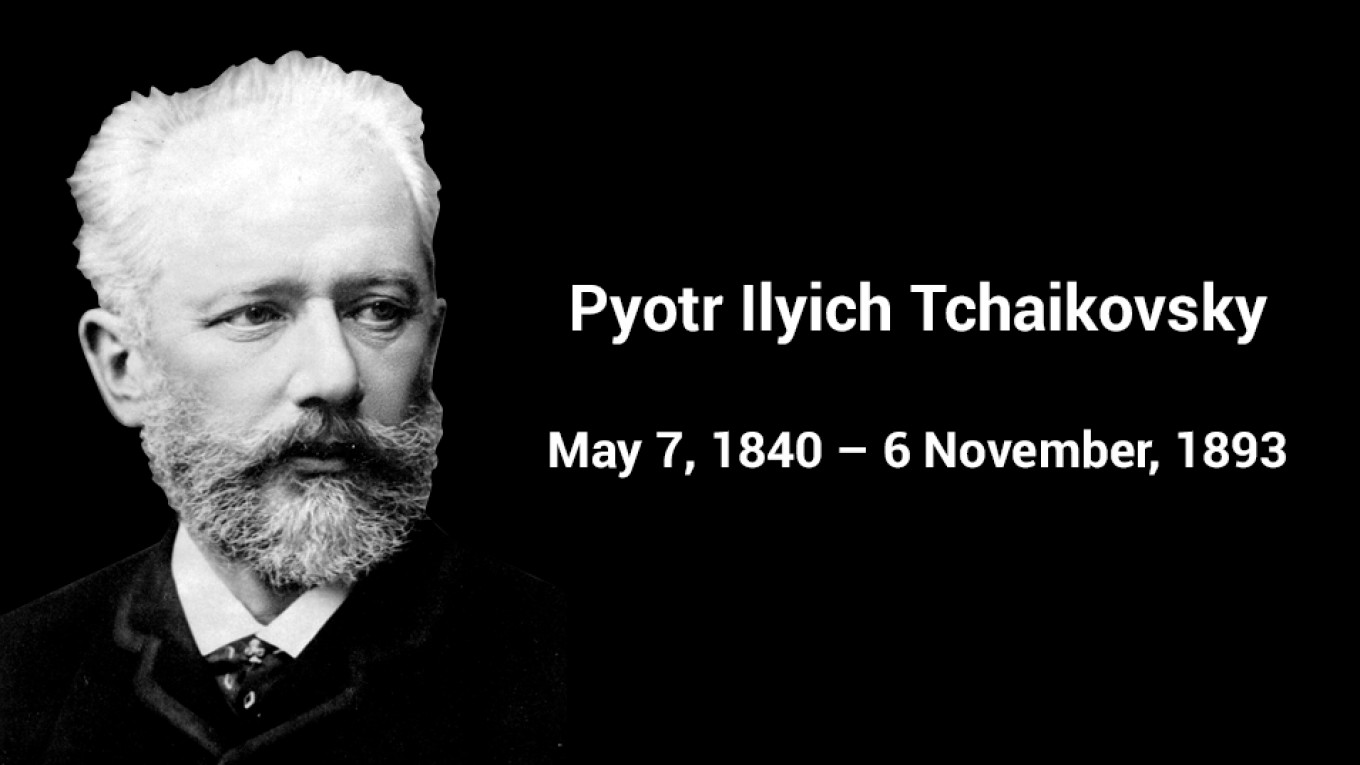
Born on May 7, 1840, Pyotr Ilyich Tchaikovsky became the first Russian composer to break through into the international market with a lasting impact on music all over the world. Today he remains the most popular Russian composer of all time.
Tchaikovsky was born in a small town in Vyatka Governorate (now Udmurtia) to a family with its roots in the military. His father was a lieutenant general and an engineer; his grandfather served as a military physician’s assistant. Still, both his parents — his mother was half-French — had a background in music, and talent started to show in young Tchaikovsky from the age of five, when he began piano lessons. It didn’t take him long — just three years — to be just as adept at reading music as his teacher was.
Since music was not a feasible career option in Russia at the time, Tchaikovsky’s parents prepared him for a life in civil service and enrolled him in a boarding school for boys (where he also excelled, as he was wont to do with everything he put his hand to.) During this time, he was well-liked by his schoolmates, some of whom he forged intense emotional relationships with. While it remains accepted by historians and biographers that Tchaikovsky was most definitely gay (“My God, what an angelic creature and how I long to be his slave, his plaything, his property!” he wrote of a servant in a once-censored letter later published in Russian and in English), this was never something openly accepted or discussed in Russia.
At 17, Tchaikovsky was put under the guidance of Italian singing instructor Luigi Picciolo; thus his lifelong appreciation for Italian music began. He would go on to travel Europe: France, Germany and England, and eventually came back to Russia and enrolled as one of the first students in the St. Petersburg Conservatory.
Following a number of other works, in 1875, Tchaikovsky composed “Symphony No. 3 in D Major”, which was met with acclaim across Russia almost immediately. A year later he completed “Swan Lake,” which would become the first in his famed trilogy of ballets (along with “The Nutcracker” and “The Sleeping Beauty”). The ballet premiered a year later in the Bolshoi Theater in 1877, but it would not be met with the widespread admiration and household status it holds today until 1895.
What would follow was more success in Russia and around the world. He played at the inauguration of Carnegie Hall in New York City in 1891 and received an honorary doctorate from the University of Cambridge in 1893, among many other honors.
In October 1893, Tchaikovsky became suddenly ill as a cholera epidemic surged through St. Petersburg. Despite efforts to save him and amid rumors of suicide, Tchaikovsky died in early November.
Today, many of his works continue to be played and performed around the world. “Swan Lake” performed at Moscow’s Bolshoi Theater remains arguably that stage’s most iconic stage and symphony production, even as it continues its travels around the world.






